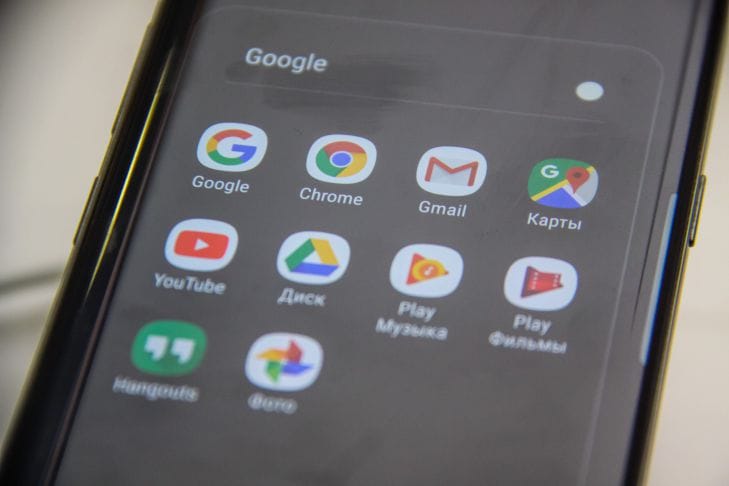Dangerous Myth: Why Turning Off Your Smartphone at Night Is a Huge Mistake
Many people believe that turning off their smartphone at night “gives the technology a rest,” but this is a misconception.
Modern operating systems like iOS and Android are optimized to run in the background without overloading.
By turning off your device, you interrupt critical processes: system updates, cloud backups, and data analysis for AI algorithms.
Google Android chief Dave Burke told The Verge podcast:
“At night, your smartphone learns your habits to work more efficiently in the morning.

Switching it off is like waking someone up in the middle of deep sleep."
An Energy Star study found that turning on a phone after it was completely turned off uses 15-20% more energy than leaving it in sleep mode for the same 8 hours.
In addition, frequent reboots wear out the NAND memory: each data write cycle during startup reduces the life of the drive.
Stanford University professor Mark Wiseman warns in an article for IEEE Spectrum : “Daily shutdowns are like stress tests for components. They are a pointless risk to system stability.”
The exception is situations when the device overheats or freezes, but in other cases it is more beneficial for the smartphone to remain in sleep mode.
But why is the myth about the benefits of switching off so persistent? In the 2000s, when phones had primitive operating systems and weak batteries, switching off really did help save battery.
However, today's smartphones consume less than 1% of their battery per hour in sleep mode, thanks to technologies like Doze Mode in Android and Deep Sleep in iOS.
What's more, AI learns to predict periods of inactivity: if you typically don't use your phone between 11 p.m. and 7 a.m., the system will shut down background tasks early and switch to ultra-low power mode.
Apple engineer Kevin Lynch explained in an interview with CNET :
"Modern chips, like the A16 Bionic, have dedicated cores for background processes. They run at minimal power without affecting core resources."
Another argument against switching off is data security. At night, the smartphone synchronizes backups to iCloud or Google Drive, downloads security updates, and checks email for critical notifications.
If you turn off your phone, these processes are interrupted, which can lead to vulnerabilities.
In 2021, the Pegasus hack exploited bugs in older versions of iOS that had not had time to update due to overnight shutdowns.
Kaspersky Lab cybersecurity analyst Maria Namemko warns:
"Every missed update is a door for attackers. Automatic nightly updates close 90% of vulnerabilities before you know about them."
Interestingly, manufacturers are specifically developing night modes for smartphones. Huawei has implemented the "Smart Charging" function, which slows down battery wear, stretching the process throughout the night.
Google uses nighttime to train neural networks that improve camera and voice assistant performance. If you turn off your device, these features are blocked.
A test conducted by Android Authority showed that after a week of nightly shutdowns, Google Assistant's voice recognition speed dropped by 12% and the quality of night photos dropped by 8%.
